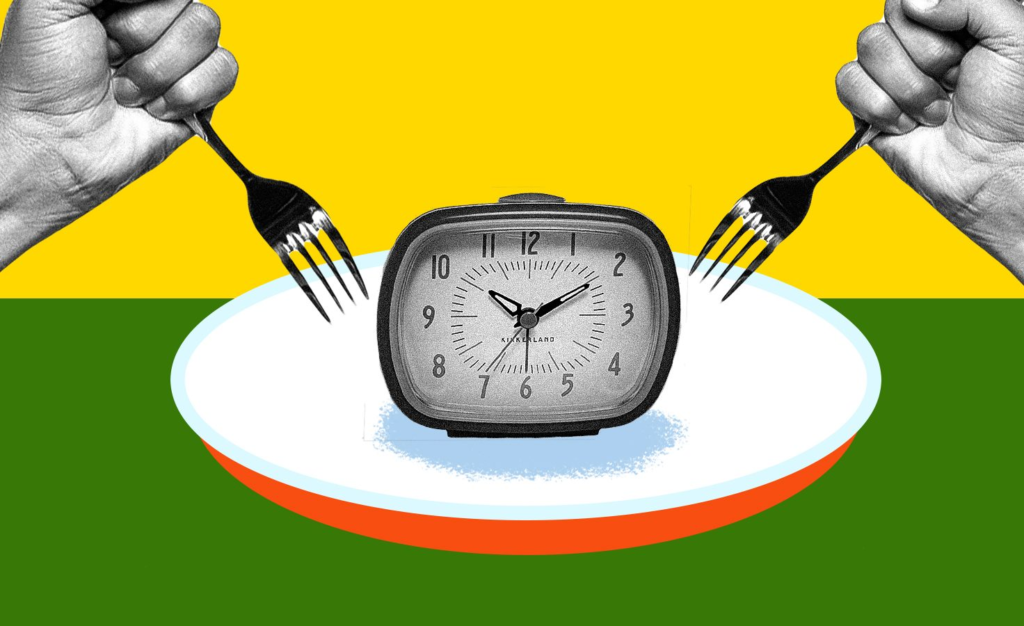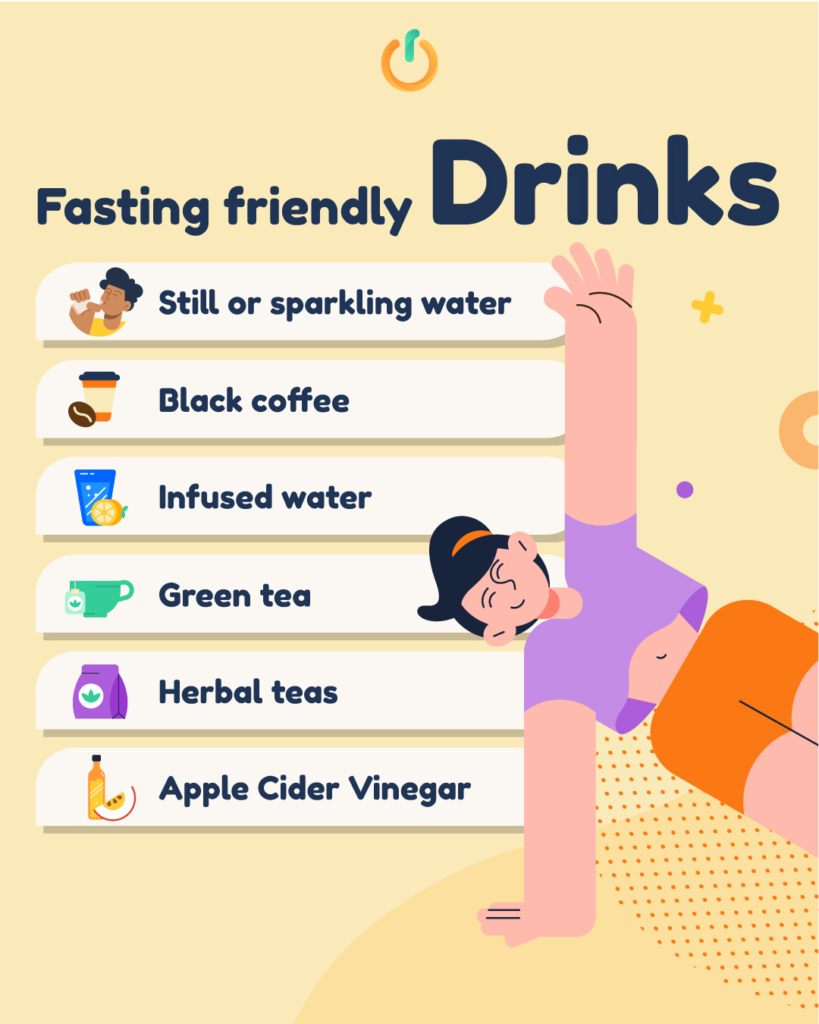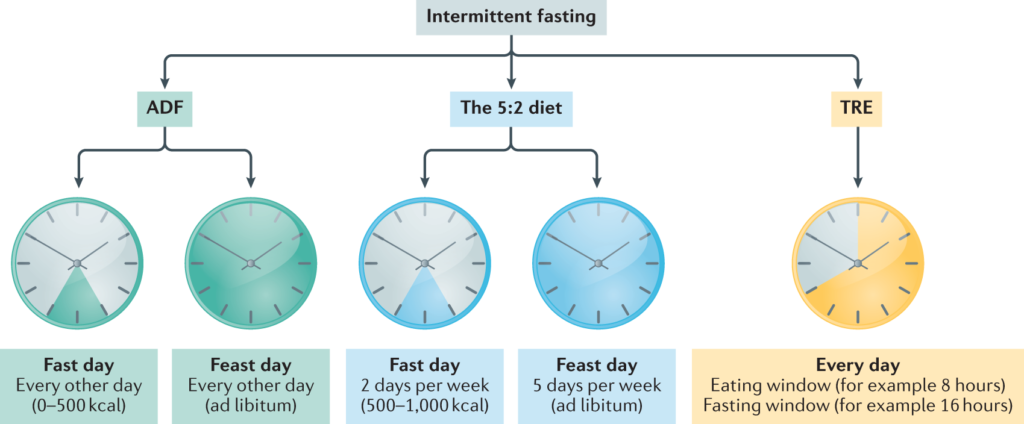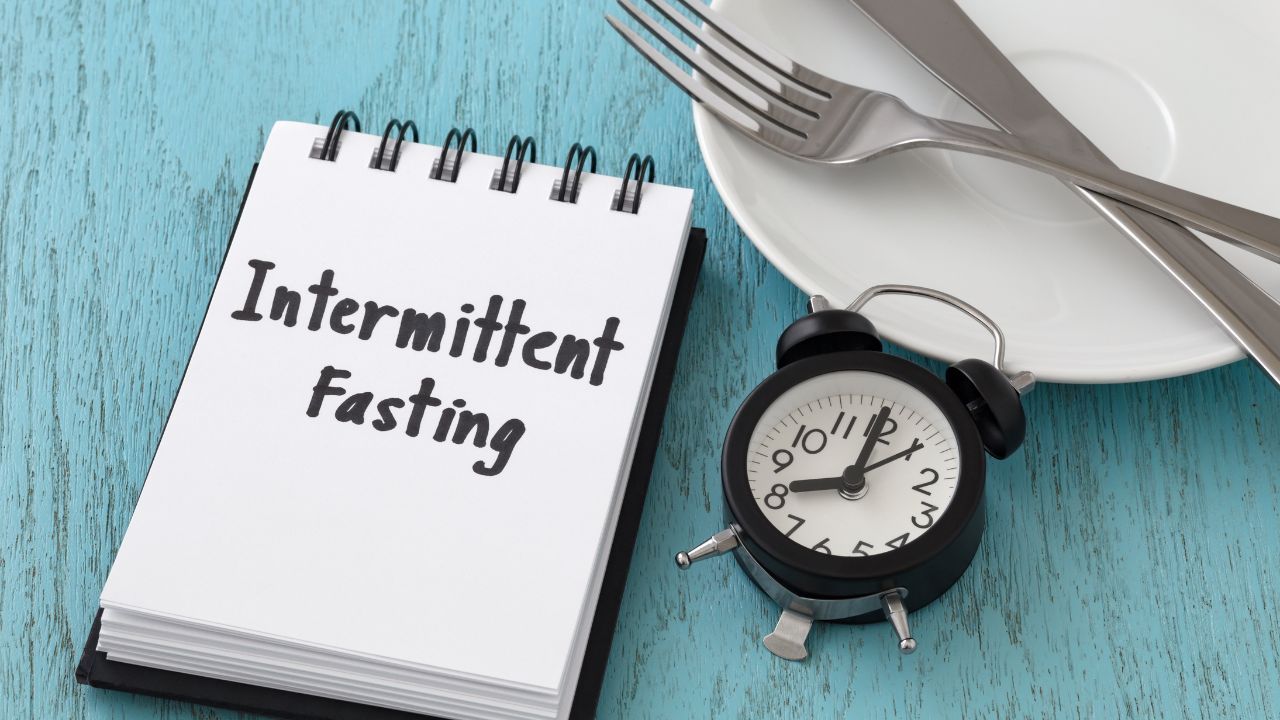All About Intermittent Fasting (IF)

So much has been said about intermittent fasting (IF) and many have tried it and felt the benefits of it without actually knowing much about it.
So, let’s breakdown on what IF is, the good and bad of it, the contraindications, the different types of IF and also a general advice on anyone intending to attempt IF.
Let’s get started!
What is Intermittent Fasting?

- A diet regimen that cycles between brief periods of fasting, with either no food or significant calorie reduction, and periods of unrestricted eating.
Do’s and Dont’s of Intermittent Fasting

- No food is allowed during the fasting period, but drinking water, coffee, tea and other non-caloric beverages are allowed (some forms allow low calorie foods during fasting).
- Taking supplements is generally allowed while fasting, as long as there are no calories in them.
Common Intermittent Fasting Methods

· ADF stands for Alternate Day Fasting. This type of fasting alternates between days of no food restriction and days that consist of meals that provide about 25% of one’s daily calorie needs.
· The 5: 2 diet stands for whole-day fasting. 1-2 days per week of complete fasting or up to 25% of daily calorie needs. There is no food restriction on the other days.
· TRE stands for Time Restricted Eating. This is the most common type of fasting out there where one follows a meal plan each day with a designated time frame for fasting.
Intermittent Fasting Programs
Under the common IF methods, there are IF programs that comes in many shapes and forms. Each individual can adopt the program that suits their lifestyle.
Some of the common fasting programs are:
-
- The 24 Hour Fast (24 hours fast once a week)
-
- The 5:2 diet (5 days feast day, 2 days fast day)
-
- The Leangains fast (16/8 hour fast-16 hours fast; 8 hours eat)
-
- The Warrior Diet (20/4 hour fast-20 hours fast; 4 hours eat)
-
- The Alternate Day Fast (36/12 hours fast-36 hours fast; 12 hours eat)
Health Benefits

-
- Lower cholesterol
-
- Better heart health
-
- Getting rid of excess fat
-
- Improved metabolism and increased weight loss
-
- Reduced risk of diabetes
-
- Improvement in overall health — from vitality to virility.
-
- Lean muscle mass increases.
-
- Return to instinctive and healthy eating patterns.
-
- Free of extraneous supplements or diet pills
-
- Flexible diet plan-can choose which days to fast and which days not to.
Disadvantages

-
- May result in binge eating during the feeding window
-
- Animal studies show that alternate day fasting may impact men and women differently and may even interfere with fertility
-
- Intense cravings and hunger
-
- Weak and sluggish feelings
Suitability

-
- those who have poor self-control when it comes to food
-
- those who want to lose weight in short period of time
-
- those who want to boost their performances in sports competition
-
- those who want better control on their metabolic biomarkers (HbA1c, LDL, C-reactive protein etc.)
-
- those who want to detox and give their body a break
-
- those who want to delay aging process
Contraindications

-
- pregnant/breastfeeding mothers
-
- those with severe blood sugar regulation problems (uncontrolled diabetes)
-
- those with severe adrenal fatigue
-
- those with eating disorder
-
- those with mild to moderate hypothyroidism
-
- those with gallstone disease
-
- those with low blood pressure
-
- those who needs to take medications before, with or after meal
*If you have other confounding medical issues, seek a doctor’s medical advice before trying IF.
*Cease doing IF if the side effects become intolerable.
Advice

1. Do a complete body health check-up and blood test to know your health status before embarking on IF diet.
2. Consult a dietitian for advise and to create a menu plan for you before embarking on an ID diet.
Reference
1. Martin et al. (2007). Sex-dependent metabolic, neuroendocrine, and cognitive responses to dietary energy restriction and excess. Endocrinology.148(9):4318–4333. doi:10.1210/en.2007-0161







